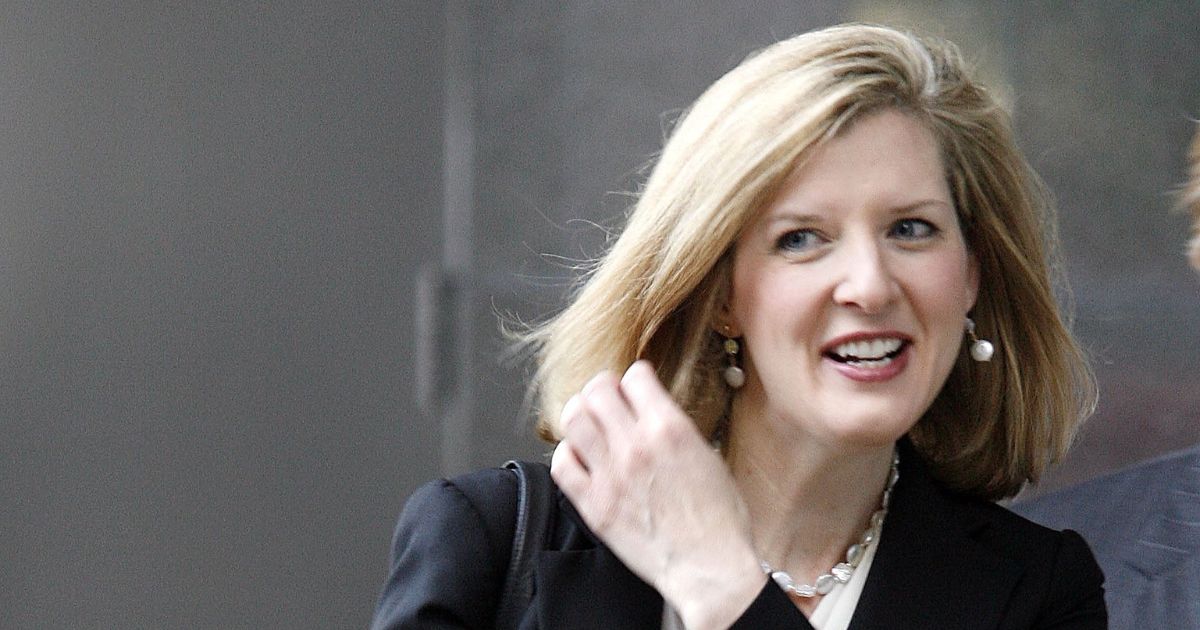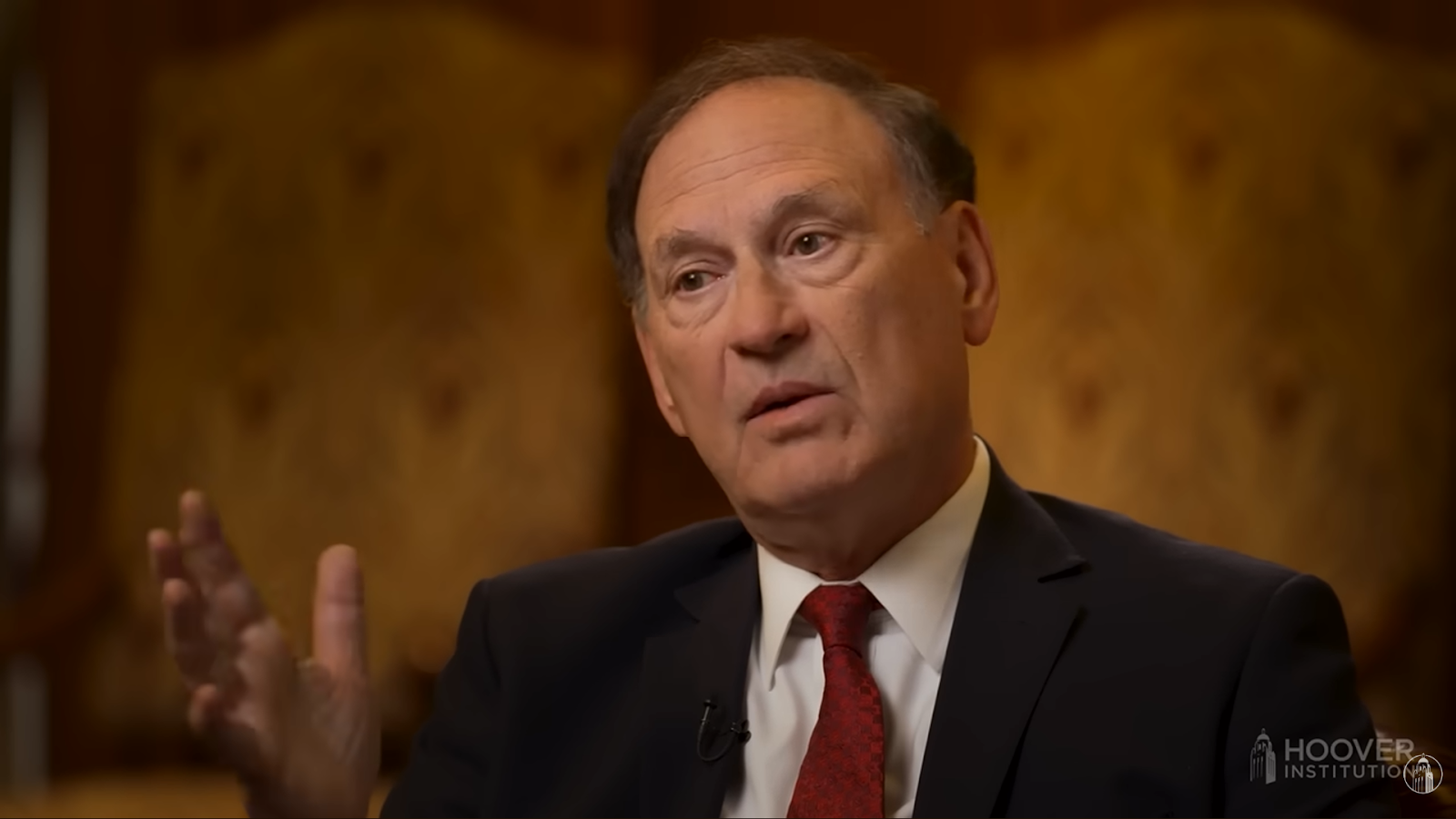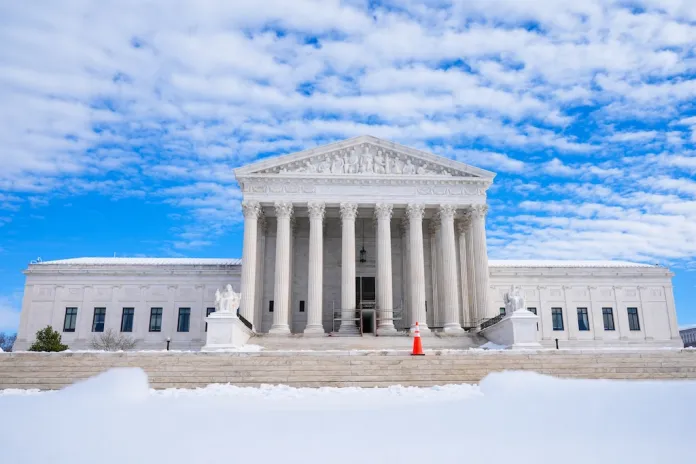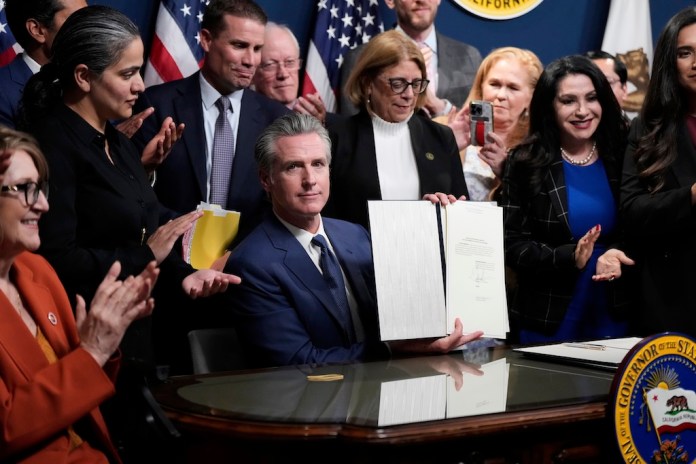Supreme Court skeptical of allowing lawyer-client ‘coaching’
The U.S. Supreme Court is considering the case *Villarreal v. Texas*, which questions whether a trial judge can limit what a lawyer may discuss with a client during an overnight recess while the client is testifying. David Villarreal’s defense argues that such restrictions violate his Sixth Amendment right to counsel,as he was prohibited from discussing his testimony overnight during his murder trial. Texas contends that these limits align with existing precedent that allows courts to restrict attorney-client interaction about testimony during trial breaks, a stance supported by Texas lower courts.
During the arguments, justices expressed skepticism about overriding these restrictions. Justice Clarence Thomas questioned why there should be a diffrent standard for “coaching” a witness on testimony during the trial versus during an overnight recess. Justice Elena Kagan highlighted a prior ruling (*Perry v. Leeke*) which distinguishes between short recesses and overnight breaks regarding what can be discussed with a testifying client. Justice Neil Gorsuch challenged the defense to show historical precedent for a witness’s right to receive coaching during an overnight recess. The Department of Justice advocated for a broad ban on lawyers discussing testimony during overnight breaks, while Texas favored allowing incidental discussion but barring explicit coaching.
The court’s justices appeared more receptive to Texas’s narrower restrictions than to the broader limits sought by the Justice Department. A ruling in this case is expected in the coming months. This case marks the Supreme Court’s opening of its new term, which will also address other significant cases including free speech rights related to Colorado’s law banning conversion therapy.
Supreme Court skeptical of allowing lawyer-client ‘coaching’ during overnight trial recess
The Supreme Court appeared skeptical on Monday of arguments seeking to strike down the limitations a judge can place on what a lawyer can discuss with his client during an overnight recess while the client is in the middle of testifying.
The first case of the high court’s new term, Villarreal v. Texas, looks at whether David Villarreal’s Sixth Amendment right to a lawyer was violated by a judge’s order during his trial on murder charges not to discuss his testimony during an overnight recess while he was in the midst of providing testimony. Texas argues the trial judge’s rule fits with the high court’s precedents limiting attorney-client discussions of testimony during trial recesses, something lower courts in Texas have upheld leading up to the arguments before the justices.
Justice Clarence Thomas opened questioning of Villarreal’s attorney, Stuart Banner, by asking why there was a distinction between limits on “coaching,” or attempting to alter a witness’s testimony on the stand, in the courtroom versus during an overnight recess.
“Why is this standard different between what a lawyer can coach or manage with respect to testimony while he’s on the stand, which is basically a concern, and what he can coach or manage during the recess?” Thomas asked Banner.
Banner argued there is a “distinction between impermissible coaching and legitimate, necessary counseling.” He also pointed to the high court’s 1989 ruling in Perry v. Leeke, which found a court could restrict discussions between a lawyer and his client who is on the witness stand during a short daytime recess, while arguing that the court has in the past seen differences between overnight and brief daytime breaks.
Justice Elena Kagan later grilled Banner on the Perry ruling, pointing out how that ruling conceded that topics and discussions would differ between a 15-minute daytime recess and an overnight recess.
“It draws a pretty sharp line between matters going to trial strategy and matters going to trial testimony of the defendant itself, and says that that’s the reason why the recess — the overnight recess versus 15-minute recess — makes a difference,” Kagan said. Banner said he disagreed with her interpretation of the ruling.
Justice Neil Gorsuch also grilled Banner on the source of the right for a person to discuss testimony with his or her lawyer while still on the stand during an overnight recess.
“I’m having a hard time understanding, historically, traditionally, what have you got that says that there’s a right of a witness to be coached or, if you don’t like that word, managed by his attorney while he’s not on the stand?” Gorsuch asked.
Banner argued there is “no historical warrant” for a trial court being able to limit topics that a client and lawyer may discuss.
Texas argued before the high court that the trial court’s limits were lawful, leaving open exceptions for issues loosely related to testimony, such as calling more witnesses, plea bargains, and concerns about perjury. The Justice Department argued for a wider ruling that would prevent lawyers, during an overnight recess, from discussing the client’s testimony at all, including “incidental discussion.”
The lawyer representing Texas, Andrew Warthen, was asked some hypothetical questions by the justices about what kinds of discussion would be permissible under their rule. One of the questions raised by Kagan centered on whether a lawyer would be able to tell his client to “stop mumbling” and make eye contact with the jury in his testimony, to which Warthen said that would be considered “coaching,” which would be barred by the trial court order.
The justices appeared more open to Texas’s preferred ruling, allowing incidental discussion of a witness’s testimony, than the Justice Department’s wider, preferred ruling.
SUPREME COURT TO OPEN TERM HEARING CASE OVER WHAT LAWYERS MAY DISCUSS WITH TESTIFYING CLIENTS
The Supreme Court is expected to release a ruling in the case in the coming months.
The high court’s opening week of the term continues Tuesday with arguments in Chiles v. Salazar, a high-profile case regarding the free speech rights of counselors and Colorado’s law seeking to ban “conversion therapy” broadly.
" Conservative News Daily does not always share or support the views and opinions expressed here; they are just those of the writer."




